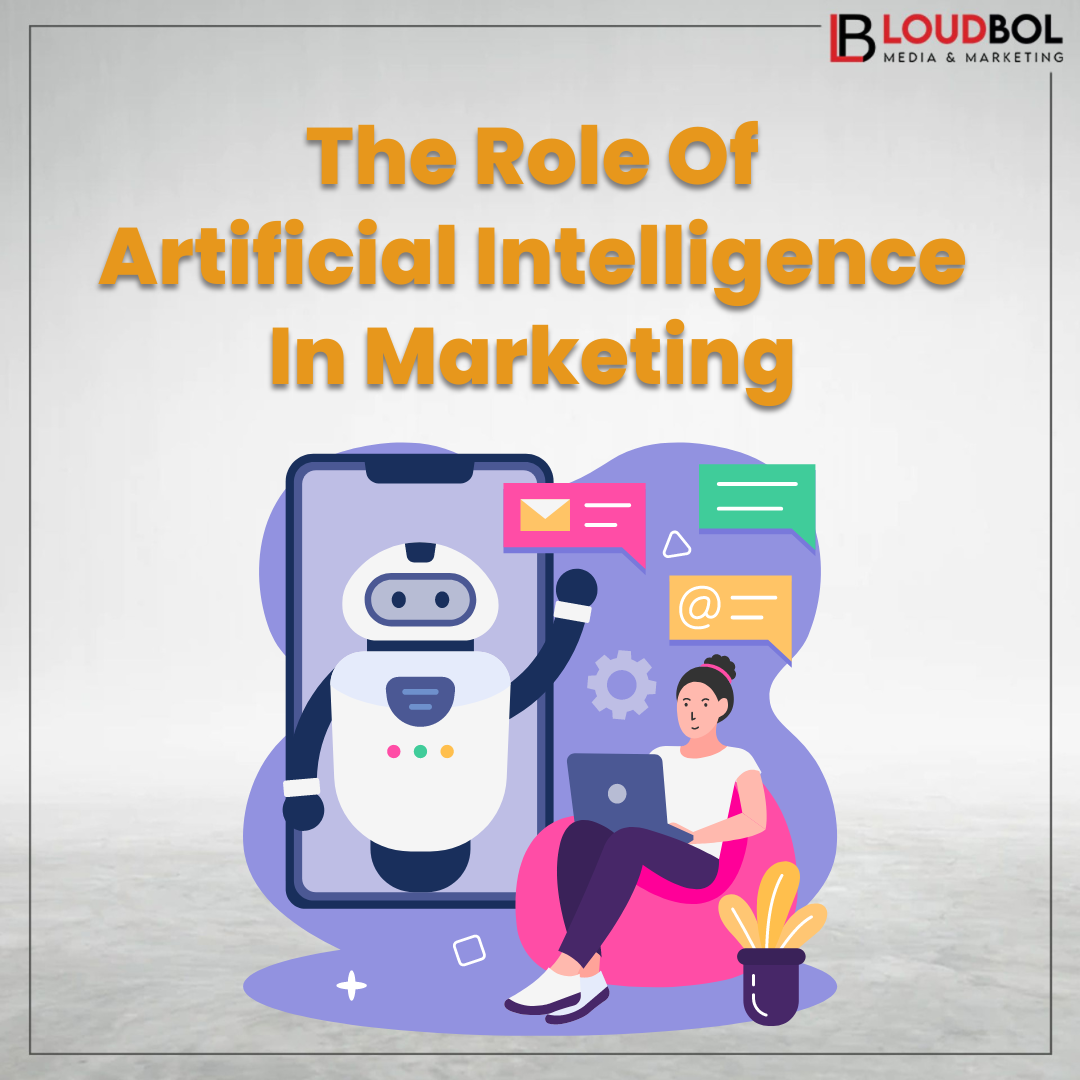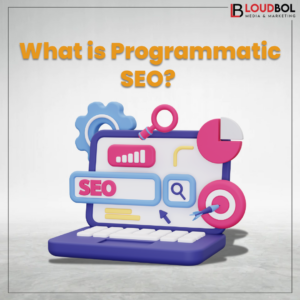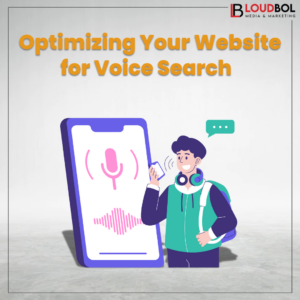Artificial intelligence has created a significant demand across all industries, with marketing being one of the most affected. AI has completely transformed the marketing landscape by providing valuable tools for marketers. Tasks such as creating marketing campaigns, content writing, and generating social media content are now made possible with artificial intelligence.
In this post, we will explore some of the key areas of marketing that have been impacted by AI and how it is changing the way marketers operate.

How AI Works Its Marketing
At its core, AI utilizes data analysis and machine learning to unlock powerful insights from vast amounts of customer data. Imagine being able to understand your customers’ every move, their preferences, and even predict their future actions. That’s the magic of AI marketing!
Machine learning algorithms analyze customer behavior patterns, website interactions, social media activity, and purchase history. This data is then used to make intelligent recommendations, personalize content, and automate repetitive tasks. Common technologies used in AI marketing include:
Chatbots: AI Chatbots are virtual assistants that answers customer questions, provide support, and even qualify leads 24/7.
Recommendation Engines: Based on a user’s past behavior, these algorithms suggest relevant products, content, or services they might be interested in. Think of the “Recommended for You” section on Netflix or Amazon.
Predictive Analytics: AI can predict future customer behavior, allowing marketers to tailor campaigns and anticipate customer needs before they even arise.
The AI Revolution in Marketing Strategies
AI is transforming the way we approach every facet of marketing. Let’s explore how AI is revolutionizing specific AI marketing strategies:

Content Marketing: AI isn’t here to replace human creativity, but rather to assist it. AI tools can analyze audience data to generate content ideas, optimize headlines for maximum engagement, and even predict content marketing performance before it’s published.
Social Media Marketing: Juggling multiple social media platforms can be time-consuming. AI can schedule posts for optimal reach based on audience behavior, personalize posts for different demographics, and manage online communities by responding to basic inquiries from customers.
Email Marketing: Gone are the days of generic email blasts. AI can personalize email content based on customer preferences, segment email lists for targeted campaigns, and even automate follow-up emails based on specific customer actions. This dramatically increases open rates, click-through rates, and ultimately, conversions.
Performance Marketing: Marketers can leverage AI marketing to optimize their ad spend like never before. AI can target the right audience with laser precision, manage bidding strategies to maximize ROI, and dynamically adjust ad creatives based on performance data. Imagine having an ad campaign that constantly self-optimizes for better results!
Real-World Examples of AI in Action

Several companies have successfully harnessed the power of AI to achieve remarkable marketing results:
Netflix: The streaming giant uses AI-powered recommendation engines to suggest shows and movies that viewers are likely to enjoy, significantly boosting user engagement and retention.
Spotify: Similar to Netflix, Spotify uses AI to personalize music recommendations, keeping users engaged and discovering new artists they’ll love.
Sephora: Sephora’s virtual artist app allows users to virtually try on makeup products using AI facial recognition technology. This innovative approach enhances the customer experience and drives sales.
Benefits and Challenges of AI in Marketing
While AI offers a treasure trove of benefits for marketers, it’s important to acknowledge the potential challenges as well.
Benefits:
Increased Efficiency and Productivity: AI automates repetitive tasks, freeing up valuable time for marketers to focus on strategic initiatives.
Improved Customer Targeting and Personalization: AI allows for hyper-personalized marketing experiences, leading to higher engagement and conversions.
Enhanced Campaign Performance and ROI: More targeted campaigns and data-driven optimization lead to a significant improvement in campaign performance and return on investment.
Gaining Valuable Customer Insights: AI can analyze vast amounts of data to uncover valuable customer insights that would be impossible to glean manually. This empowers marketers to make informed decisions about their strategies.
Challenges:
Ethical Considerations: Data privacy and bias in AI algorithms are critical issues to consider. Marketers need to ensure they are using AI ethically and responsibly.
Job Displacement for Some Marketing Tasks: While AI creates new opportunities, it may replace some routine marketing tasks. However, the focus will shift towards roles that require creativity, strategic thinking, and human connection.
The Need for Human Oversight and Creativity: Despite its power, AI cannot replace human creativity and emotional intelligence. Marketers need to use AI as a tool to enhance their skills, not replace them.

Conclusion
In conclusion, AI marketing is not a fad, but a disruptive force that is here to stay. Marketers who embrace AI and use it wisely can usher in a new era of customer engagement, campaign performance, and corporate success. As artificial intelligence advances, the future of marketing appears to be intelligent, tailored, and heavily customer-focused.
So, are you prepared to harness the potential of Artificial intelligence in your marketing? The moment to start is now! Explore the available AI technologies, experiment with various applications, and see your marketing reach new heights.




Average Rating